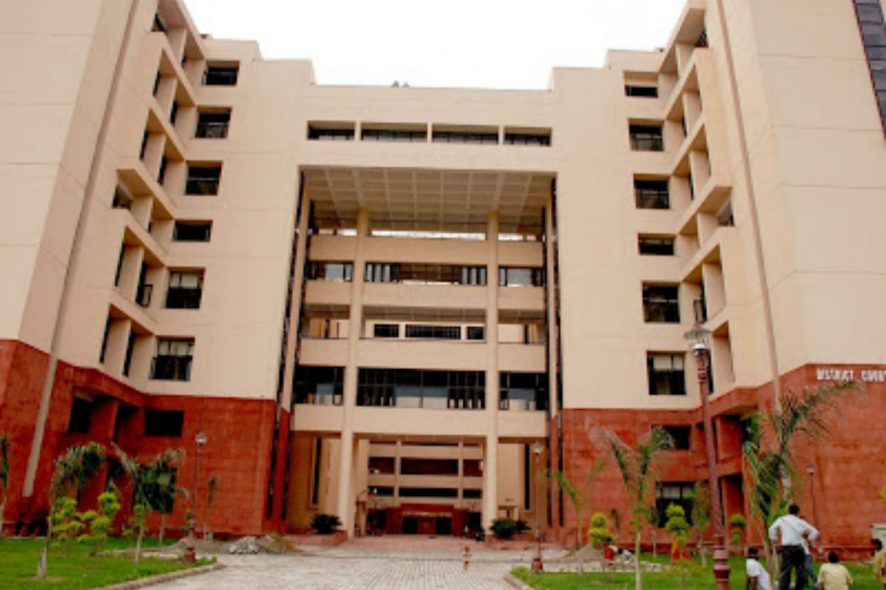Dwarka Courts, New Delhi: Richa Gusain Solanki, Additional Senior Civil Judge-Cum-JSCC-Cum-Guardian Judge, addressed a matter with regard to the eviction of the daughter-in-law by in-laws.
The present suit was filed for permanent and mandatory injunction.
Plaintiff was the owner of the suit property having purchased it from the previous owner. The defendant was the daughter-in-law of the plaintiff. Plaintiff’s son was residing separately from the defendant.
Further, it was stated that the defendant’s behaviour was rude and harsh towards the plaintiff and her family from the very beginning. Since the defendant did not mend her ways, the plaintiff separated the defendant from her son.
Out of natural love and affection for the son and the daughter-in-law, the plaintiff permitted the defendant to reside at the suit property. On knowing that the defendant wanted to sell the property, she asked the defendant to vacate the property, but the defendant refused to do so and demanded Rs 15 lakhs for the same.
Plaintiff had no source of income, and the husband of the plaintiff received a meagre pension which was insufficient to run the household. If the suit property was vacated by the defendant, the same could be let out for an additional source of income. Therefore, the present suit had been filed.
Analysis, Law and Decision
“A party who seeks grant of an injunction must satisfy the Court that his/her dealing of the matter has been fair, honest and free of any fraud or illegality.”
Court noted that the manner in which suits were filed and withdrawn had shown that the plaintiff availed the benefits of the settlement and then took a U-turn to the disadvantage of the defendant.
Plaintiff’s conduct appeared to be such as to disentitle her to the assistance of the Court and no injunction could be granted under Section 41(i) of the Specific Relief Act.
Preponderance of probabilities
Defendant did not file any application seeking an interim injunction against the sale of the suit property in this case. No injunction was ever granted and in a span of almost 5.5 years, the defendant has not sold or attempted to sell the suit property. Rather she has undertaken in her written statement that she never intends to do so.
“…rights of the plaintiff as an owner of the suit property have to be balanced with the rights of the defendant who is residing in the suit property in the capacity of a daughter-in-law of the plaintiff.”
Since the suit property was the shared household of the defendant, the status of the defendant was more than that of a gratuitous licensee.
Can the defendant have a legal right of residence in the suit property by virtue of Sections 17 read with 19 of the PWDV Act?
The repeated filing of civil suits to evict the defendant and her minor child from the suit property, despite there being a settlement between the parties and especially after the plaintiff had got the FIR quashed on the basis of the settlement, only goes to show that the plaintiff has caused immense mental harassment to the defendant.
“…suits for eviction must have hung over the head of the defendant like a Damocles’ Sword; the fear of not knowing what will happen to the defendant and her minor child, who had already been deserted by the son of the plaintiff must have caused great anxiety to her.”
The above-stated constituted emotional and economic abuse within the meaning of “domestic violence’ under Section 3of the PWDV Act.
Bench expressed that,
Usually, in cases where the in-laws and the daughter-in-law are residing in the same premises, the in-laws would be entitled to seek eviction of the daughter-in-law from their property after providing an alternative reasonable accommodation to her.
Plaintiff was obligated to provide for adequate residence to the defendant and there was no reason why the defendant should be evicted from the suit property.
Hence, the plaintiff was not entitled to a decree of mandatory injunction in her favour.[Bala Devi v. Anjana, CS SCJ: 112 of 2017, decided on 16-3-2022]






